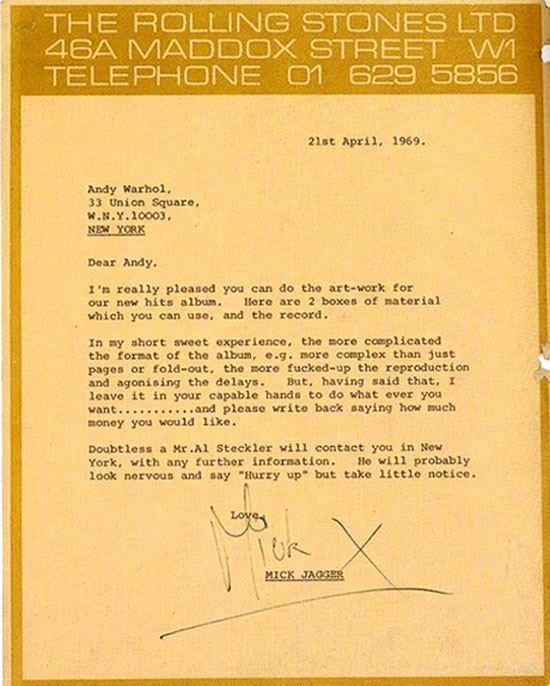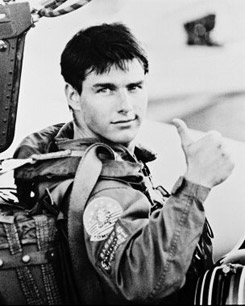Jagger, Warhol, and another guy you've never heard of
Check the letter below, a fairly famous one at that, written in 1969 from the Rolling Stones Mick Jagger to the artist Andy Warhol regarding Warhol's impending collaboration with the band on the cover art for their soon to be released album:

In three short paragraphs, and with 100 words give or take, Mick schools us all on the difference between the Talent - himself, the band, and of course Warhol; and the 'support' types like the unfortunate Mr. Al Steckler, who will look 'nervous' and can essentially be ignored.
I post a lot on this blog, perhaps too much, about the challenge and threat that increased automation and robot technology pose to the workforce and workplaces of the future. But I don't think that the changes and potential disruption that more powerful automation technologies, smarter artificial intelligences, and the increasing acceptance of robots in all kinds of workplace environments can be ignored. The primary challenge for many of us, and certainly for the next generation of workers, will be to find ways to ensure we can continue to create value - unique, hard to copy, and certainly hard to automate value.
This is not really a new requirement, although the pace of technological advances are making it more pressing. Back in 1969, Mick Jagger already it pegged. People like himself and Andy Warhol, well they were the creators. They were the important parts in the machine. And they'd enjoy the spoils - did you catch the line in the letter were Mick basically tells Warhol to name his price for creating the album cover art?
In 1969, for a non-creative, non-essential type like Steckler the worst think likely to happen was he'd be ignored and maybe marginalized a little. In 2013, the risks of being someone branded as a non-creative, worrying, nervous, functionary I think are far worse. We can get a robot to handle those jobs soon enough.
And the robots won't get nervous or bother the talent.
Have a great week all!

 Steve
Steve

